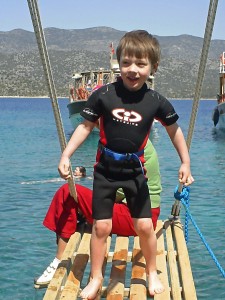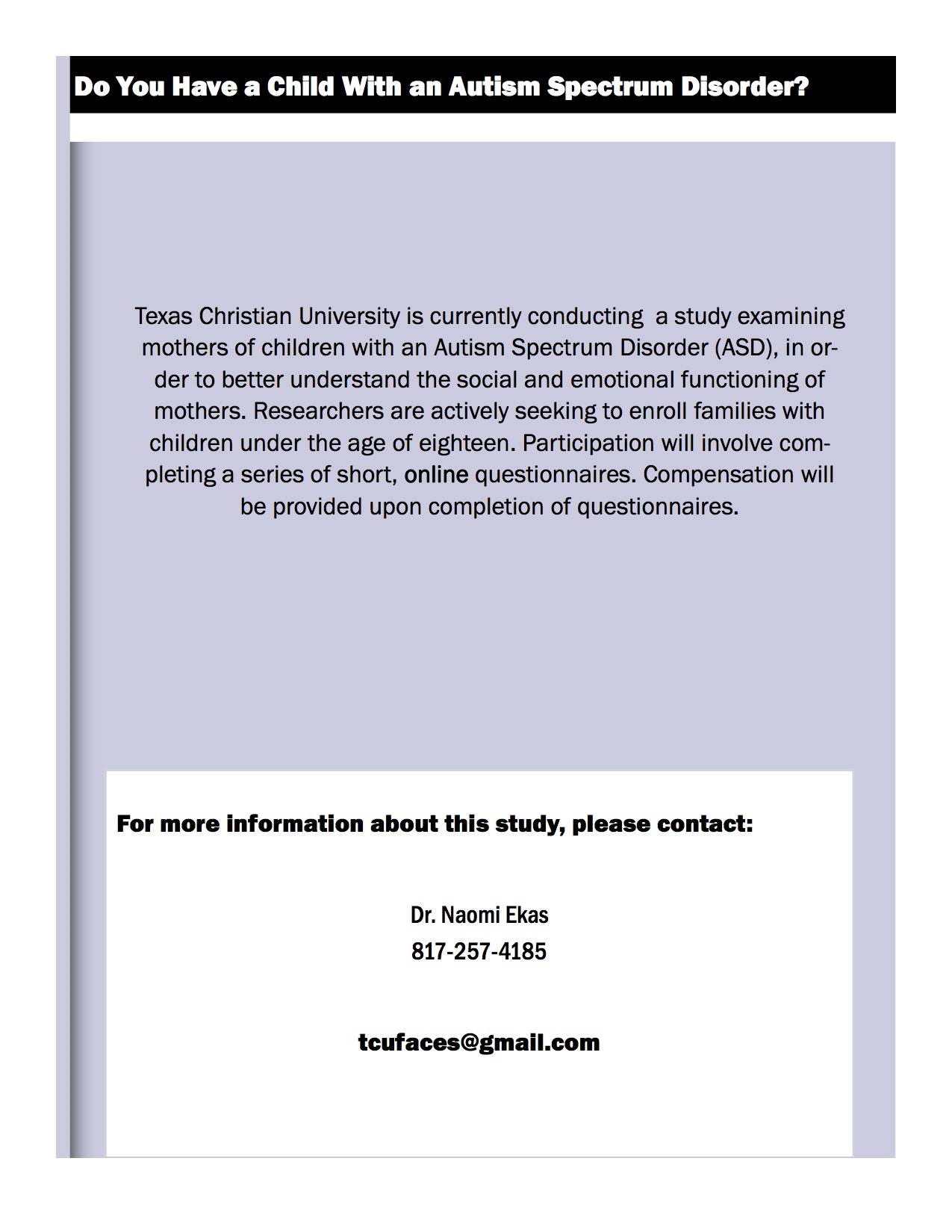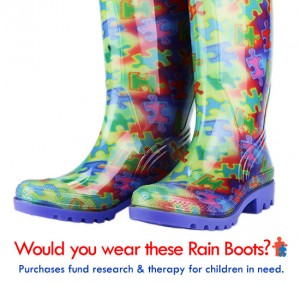One of the reasons for running this blog and our Facebook page AutismTalk is to help my wife and I get advice from others in the autism community.
That being said there are some issues which we have coped with by accident. One of these is the whole area of telling a child with ASD they they are, in fact, on the spectrum.
In the case of our son John there was no real plan. He was two when he went through the diagnostic process and was normally present when we were talking to his older sister about it.
Do there was not a moment when he was told by us it just sort of happened. Indeed nowadays he explains to people that he is autistic (the word he uses) in a very matter of fact way. Actually he also uses it as a way of explaining his antics. “I can’t do that because I’m autistic”. “I’m autistic so you can’t tell me off”. “Are you sure autistic people have to go to school?”. That sort of thing!
No in retrospect i wonder if we should not have told him more formally. Though I’m not convinced it would make a huge difference. People with autism seem to be much more relaxed about it (the ASD diagnosis) than some of the people around.
We looked at this area a few months ago when we ran a poll asking “At what age did you tell your child or were you told you or they had autism or ASD?”. Now we what to explore this area how to tell your child they have autism in bit more detail.
The aim of this blog is to give our readers in the autism community an opportunity to share their stories of telling their child/children that they were on the autism spectrum.
Hopefully this will give others in a similar situation some “hints” and ideas of how to do it.
Anything you want to share will be of great interest to our readers but you might like to consider some of the following questions:-
1) Have you told your child that they are on the autistic spectrum?
2) How did you tell them and at what age were they?
3) How did they react?
4) Would you do it differently if you did it again?
5) If you decided not to share with your child can you tell us why?
Please use the comment boxes below to tell us your story.
Many thanks in advance!
| hopeandbubs | My daughter is now six, she is a twin. She was officially diagnosed at age 5 but I knew she was autistic by the age of 2. She is verbal but socially not capable as her peers. She attends kindergarten but with constant adult supervision. Her younger brother (age 3) will likely also be diagnosed. Because they have a 6 year old sister that has had to sit on the sidelines while they have required my full attention or our daily lives ruled by what they can tolerate I felt it necessary to begin acknowledging their challenges in terms they can comprehend. Things like: “your brother/sister get mad/upset a lot I know”, or “they don’t understand things well like you do or other kids do”, or “its hard for them sometimes because their brain doesn’t work the same way”. Likewise as my six year old ages I discuss her challenges in terms she can comprehend such as “I know thats really hard for you” and “you have to let people know that you need help when that happens” etc. I feel it’s necessary so that they all feel comfortable enough to discuss their feelings about it and to be able to articulate to me and to others when they require support and in what way and that there is nothing wrong or abnormal about us. |
| VickieFerrisDeVries | TinaCooper I would recommend the book, “Aspergers, What Does It Mean To Me?” or “Autism, What Does It Mean To Me?” These are workbooks that help the child/person understand why they do the things they do. How having an ASD affects them. They are available on Amazon. |
| VickieFerrisDeVries | Our son is 24 with moderate to severe autism, as well as having an intellectual disability. When he started noticing that he was different from other people is when we told him. He would make comments, such as, “Am I an idiot?” “Am I weird?” etc… This has been years ago that we told him. He doesn’t quite know what having autism means, so we talk about how the autism effects him… sensitive hearing, his thoughts getting “stuck” on things, etc… I do think kids should be told, (they are more aware than we realize!) but in a natural way where it’s just part of the conversation. |
| TamaraHowarth | Like you, my son was diagnosed young (3) and was there throughout the processes/discussions. We have a book to help his little sister understand and he’s obviously seen/heard/read that too. About 6m ago (aged 8) he asked me out of the blue ‘What is Autistic?’. I explained that we’re all different and some people’s brains work differently to others , that there’s no right or wrong, good or bad, just different. He asked if he had autism and I simply said yes, but that’s not a bad thing, it just means you’re a little bit different to some other people. Then he asked if he would always have it and I explained yes and he got a little bit upset until he asked if I had it and I told him I think we’re all a little bit autistic and that’s what makes our family so special. Then he seemed happy, we had cuddles and he’s not mentioned it since. |
| TinaCooper | I haven’t told my son. He is 9 and was diagnosed last year. I have reservations about telling him. I don’t want him to use it as an excuse. But I feel guilty about keeping this information about him from him. I would love to hear how other parents have told their child
|
| patienttalk | PatriciaRobinson How old is your son out of interest? |
| PatriciaRobinson | No, I haven’t directly told my son I treat him like he is a normal kid but with extra patience……… |




